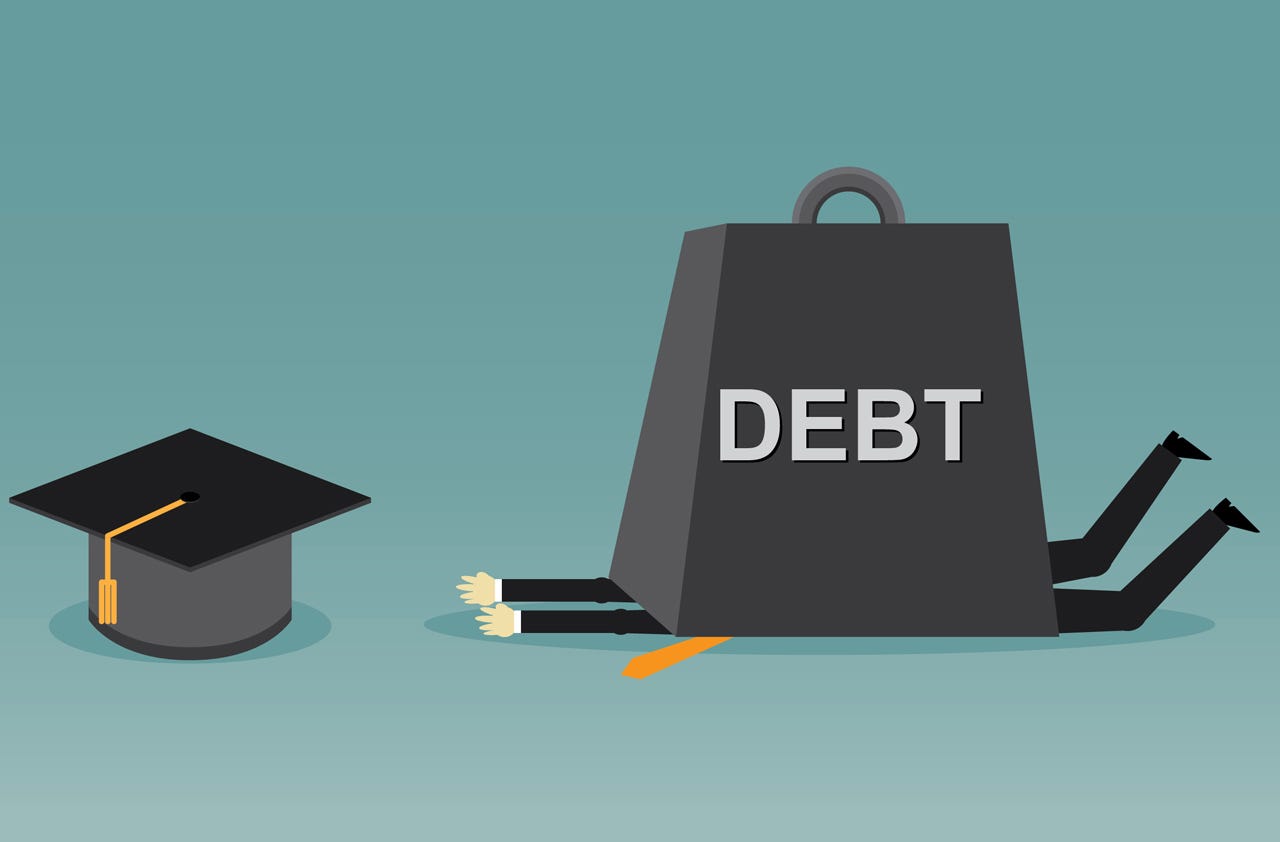As news emerged that student loan debt figures had risen more than ever, the options were severely reevaluated by people wanting to go to college. Most of the panic and doubt, however, stem from inadequate information.
Different sources have made it appear that student loans are a challenge to be faced when, in reality, they are the keys to success. Student loans are a form of installment loan that funds for college, covering tuition, fees, books, and living expenses, and other related costs.
Student loans are, like all types of loans, borrowed funds that you will repay, including any interest and fees involved with them. But student loan interest is sometimes paused or deferred, and you might be wondering that when it is, should you still make payments?

Exploring Student Loans
It’s relatively simple, but it needs to be reiterated: student loans are necessary because they are a way to get a higher education. Some think that college isn’t an essential step for success.
Some staunchly claim that a college degree is essential to find a career that is rewarding and enduring. The reality is, it is a form of security to get a college education. When you complete your higher education, you guarantee that more career opportunities are available for you.
With college-level competence, as opposed to someone who has not completed their college degree, you are more eligible. More skills and knowledge contribute to a better-paying career that can help to offset student loan debt.
Student Loan Interest Deferment
You can have multiple federal loan options based on your financial need, and one of them is direct subsidized loans that are provided to undergraduate students based on economic condition.
The amount for which you qualify varies on your year in school and whether you are deemed financially autonomous from your parents. The government subsidizes these loans, ensuring interest does not accrue when you are in school or during deferment periods.
But when you graduate or drop below half-time status, it does begin to accrue. There are two essential things to remember when it comes to deferment and forbearance, though.
- In certain situations, during your period of deferment or forbearance, interest will accrue (except for certain forbearances, such as the one granted in the US as a consequence of the national emergency brought by COVID-19). This ensures that your balance will rise, and throughout the loan, you will pay more.
- If you’re seeking loan forgiveness, any deferment or forbearance period is not going to count toward your requirements for forgiveness. This means that once you resume repayment, you’ll stop making progress toward forgiveness.

Making Payments When Student Loan Interest Is Paused
You can suspend your payments temporarily if you are eligible for a deferment or forbearance. Try paying the interest that accumulates over the time if you choose to use a deferment or forbearance so that you can escape any of the implications.
Let’s say you have a $30,000 loan balance and a 6% interest rate. You are in forbearance for a year right after entering repayment; your loans will accrue $1,800 in interest. If the interest is not paid, it will be capitalized (added to your principal balance).
Since interest accrues on the principal balance, capitalization would result in more interest accruing over time than if the interest was paid. For most repayment schemes, it will also boost your monthly payment.
In this case, interest capitalization would raise your monthly payment by $20 a month if you were on the Standard Repayment Plan and increase the overall amount you would pay by around $600.
Final Words
Before you seek deferment or forbearance, it may be worth trying another repayment option because of the effect on interest and eventual loan forgiveness. For instance, if you turn to an income-driven repayment plan, your payments could be more manageable. To find out whether another repayment plan may be the right choice for you, contact your loan servicer.













